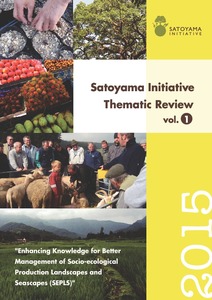Land Governance Assessment Framework, Karnataka, India
This report comprises of a comprehensive assessment of the status of land governance in the state of Karnataka, by using the World Bank’s Land Governance Assessment Framework (LGAF) during 2013-1014. This report presents its findings. The assessment was taken up in nine distinct thematic areas of land governance as envisaged in the LGAF.


